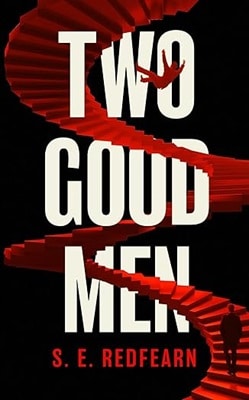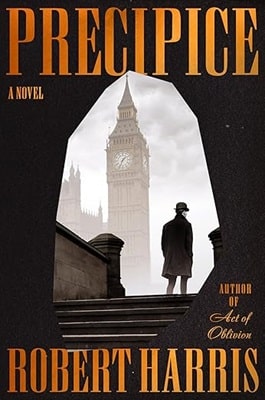Book Review
Penance
reviewed by Warner Holme
Eliza Clark’s Penance is a fascinating sophomore novel from a young and impressive writer. After her weird, brilliant, and almost hallucinogenic debut novel Boy Parts became a huge hit, a follow-up was inevitable, and one that places itself so close in allegiance with the crime genre is no surprise.
The majority of the book is written as though a loose true crime novel by one Alec Z. Carelli. Carelli is depicted as having his share of issues in the past with the truth, and even more with ethics. Having previously been caught up in a wiretapping scandal, he pivoted away from traditional journalism to working in true crime publishing. This resulted in early success and later failures, as well as a general loathing for the movement as a whole. He is not exactly depicted as the most sympathetic figure in the history of fiction, even with things like his departed daughter and professional setbacks creating opportunities to identify with him. On the other hand, he is often depicted as an understanding and multifaceted investigator, taking in information and suffering through conversations with very uncooperative individuals.
Interestingly, aside from a few places in which the character inserts himself, the majority of the book attempts to place Carelli very much as a background narrator, and this makes the whole narrative stranger for it. An asymmetrical bit of storytelling, including transcribed clips of podcasts as well as interviews reduced to both prose passages and more traditional formatting, will leave readers slightly disoriented and disillusioned with the fictitious author in a way that only proves the brilliance of the actual one.
The difficulties in interpreting the reality of a situation are key to this book’s themes and style. Any true crime work is likely to require some interpretation by the author or presenter, and that creates certain degrees of assumption by the audience in turn. The reliance on Alec Z. Carelli’s point of view adds a layer to this, as does the book’s status as a strange reprint of a fictitious first edition. With moments involving the breaking of the larger narrative to focus on it from outside, the reader is given stunning reminders of the author’s talent at misleading them into a very different interpretation than might have been suspected.
Class, race, sexuality, and gender each have their own parts to play in the story. Indeed, while the ostensible narrator is a man, the vast majority of the characters interviewed and explored in any depth are women. As a result, the suffering after a violent death and the multiple ways that individuals survive bullying, in particular, are seen almost entirely from the point of view of women and girls, save for that male filter. On the other hand, the fact that Eliza Clark is herself a woman creates another layer on top of all of the fictitious ones and further influences the point of view in a way that will occur to the reader, particularly after finishing the book.
The fact this volume is likely to inspire questions and thought is another mark in its favor. Overall, Penance is a clever and multi-layered novel of crime, obsession, and the strange ways a community can interact with its own past and present. Achieving the rarity of leaving readers repeatedly disoriented without feeling sloppy or poorly written, the book instead uses the unreliable narrator to comment upon the true crime genre in some clever new ways
More Suspense Thrillers
advertisement
Suspense Thriller Features
Is It Suspense?
How you know a suspense story for what it is
Unreliable Narrators in Suspense
The most enthralling mysteries are those that lie within us
Suspense Themes
What are some of the common themes of suspense?










